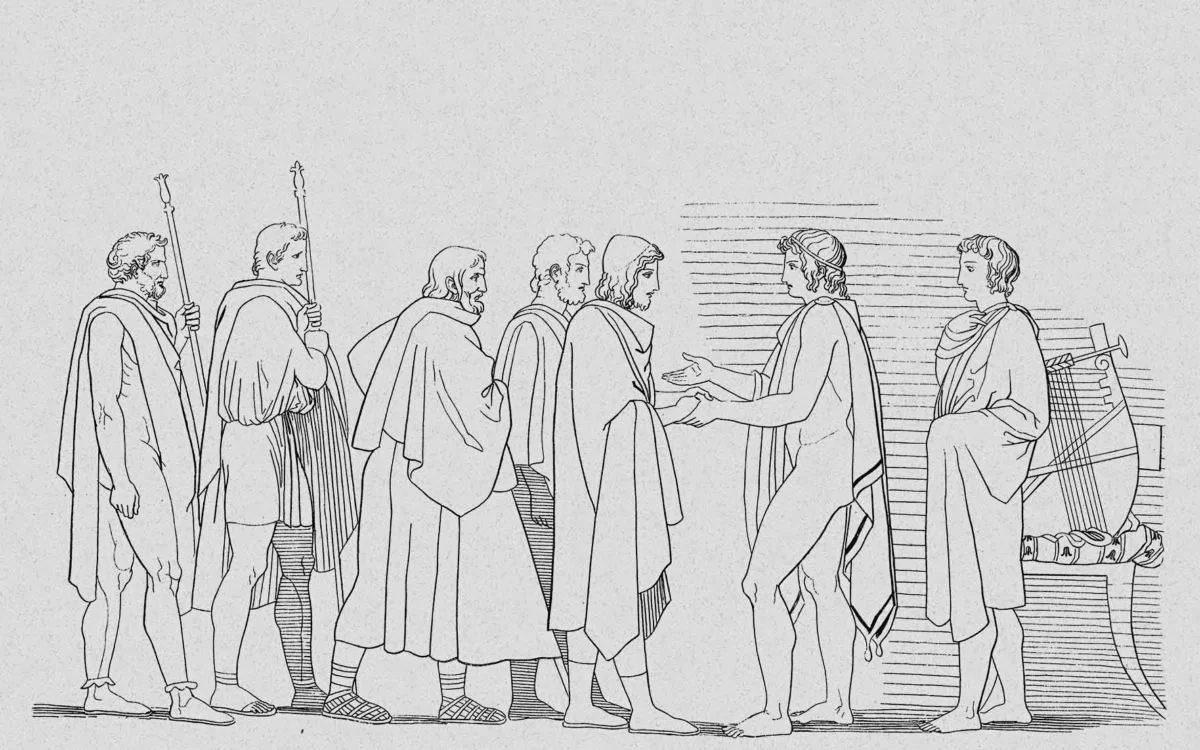The Philosophy of Hosting: What Ancient Practices Teach Us About Modern Hospitality
Hospitality is as old as humanity itself. Across cultures and epochs, the act of welcoming others into our homes or spaces has been not just a social obligation but a reflection of deeper values—community, generosity, and connection. While modern hospitality has evolved into a multifaceted industry, with luxury hotels, avant-garde restaurants, and tech-driven guest experiences, its soul remains rooted in timeless principles shaped by ancient practices.
In this article, we explore the philosophical underpinnings of hospitality, tracing its origins to ancient traditions and uncovering what these practices teach us about the art of hosting in today’s world.
Hospitality in Ancient Civilizations: A Sacred Duty
In many ancient societies, hospitality was more than a courtesy; it was a sacred duty. Hosts were bound by moral, religious, or cultural codes to extend their generosity to guests—even strangers. Here are some examples:
The Greeks: Xenia and the Gods Among Us
In ancient Greece, the concept of xenia governed the relationship between host and guest. Rooted in the belief that any stranger could be a disguised god (often Zeus himself), xenia demanded respect, generosity, and protection. Guests, in turn, were expected to reciprocate with gratitude and honor. This mutual exchange created bonds that transcended transactional relationships, embedding trust and goodwill within the fabric of Greek society.
Indian Atithi Devo Bhava: “The Guest is God”
Indian culture, deeply influenced by Hindu philosophy, upholds Atithi Devo Bhava, a Sanskrit phrase meaning “the guest is God.” This principle emphasizes treating guests with utmost respect, offering them comfort, and ensuring their needs are met before one’s own. The practice reflects an intrinsic belief in the sacredness of human connections and the virtue of selflessness.
Desert Hospitality: Survival and Generosity
In Bedouin and other nomadic cultures, the harsh desert environment cultivated a hospitality ethic centered on survival. Offering food, water, and shelter to strangers was not merely an act of kindness but a moral imperative. Hospitality ensured the collective endurance of communities in unforgiving landscapes, reinforcing interdependence and mutual care.
Philosophical Threads: What Ancient Practices Reveal
Examining these ancient traditions uncovers recurring philosophical themes that continue to resonate in modern hospitality:
1. Hospitality as Reciprocity
Whether through xenia, Atithi Devo Bhava, or Bedouin traditions, ancient practices view hospitality as a two-way exchange. It’s not merely about giving but about fostering a relationship where both parties—host and guest—feel valued. Modern hospitality can learn from this by emphasizing genuine engagement and emotional connections over superficial service.
2. The Sacredness of Welcoming
The idea that hosting is sacred—whether because it’s tied to divine approval or human dignity—elevates the act from mundane to meaningful. For today’s restaurateurs, hoteliers, and event planners, this translates to creating experiences that honor guests’ individuality and leave lasting impressions.
3. Generosity Without Expectation
Many ancient hospitality codes advocate for unconditional generosity. While modern businesses must balance generosity with profitability, this ethos reminds us that acts of kindness—a complimentary dish, a heartfelt greeting, or an unexpected upgrade—build loyalty and goodwill that money can’t buy.
4. Hospitality as a Mirror of Society
How a culture treats its guests often reflects its broader values. Ancient hospitality emphasized respect, community, and care. In our fast-paced world, there’s a lesson in slowing down and prioritizing these values, ensuring that hospitality isn’t reduced to mere transactions.
Modern Applications: Reviving Ancient Wisdom
Ancient hospitality practices may seem distant in today’s age of instant bookings, AI-powered guest interactions, and global travel. Yet, their lessons are strikingly relevant. Here are practical ways the modern hospitality industry can incorporate this wisdom:
1. Personalization Rooted in Respect
Ancient hosts excelled at understanding and anticipating guests’ needs. In today’s context, leveraging data and technology to personalize experiences can mirror this attentiveness. From knowing a guest’s dietary preferences to celebrating their milestones, respect for individuality should guide personalization efforts.
2. Creating Moments of Connection
True hospitality transcends amenities. It’s about creating moments that evoke emotion and connection. A hotel concierge’s heartfelt recommendation, a chef’s story behind a dish, or a bartender’s willingness to listen can turn a fleeting interaction into a cherished memory.
3. Sustainability as Modern Generosity
In an interconnected world facing environmental challenges, sustainable practices are a form of generosity that benefits everyone. Reducing waste, sourcing locally, and supporting community initiatives reflect a commitment to the well-being of both guests and the planet.
4. Training Staff in Empathy and Storytelling
Empathy—an inherent part of ancient hospitality—is invaluable in modern service. Training staff to listen, empathize, and communicate stories about the brand or location enhances the guest experience, making it more meaningful and human.
Conclusion: Hospitality as a Timeless Art
While the tools and technologies of hospitality have changed dramatically, its essence remains timeless. Ancient practices remind us that hospitality is not about extravagance but about connection, respect, and generosity. As we navigate a rapidly evolving world, these principles provide a compass, guiding us to create experiences that are not just profitable but profoundly human.
By honoring the wisdom of the past, modern hospitality can build a future where every guest feels not just welcomed but cherished—as if they, too, might be a god in disguise.

